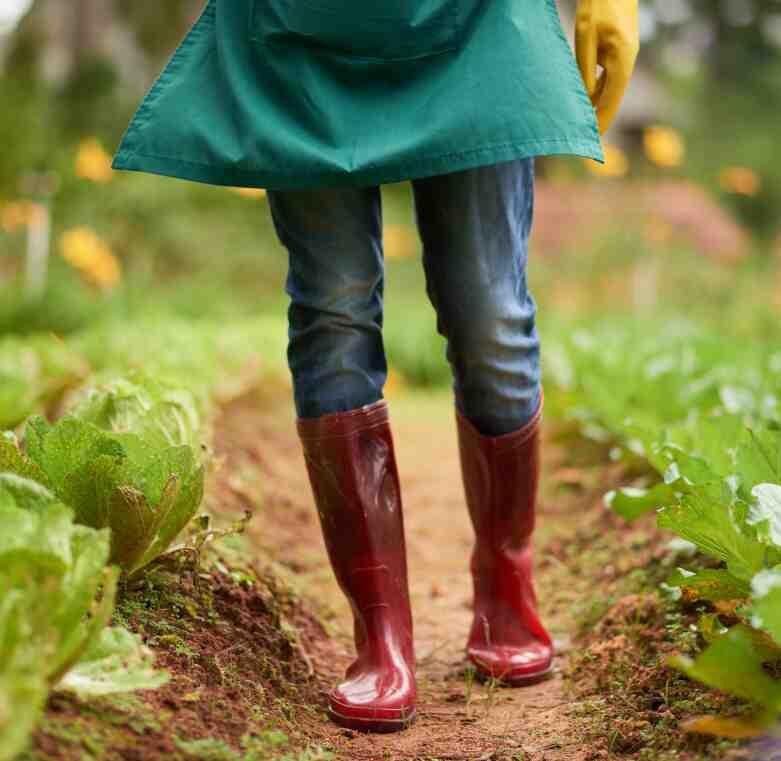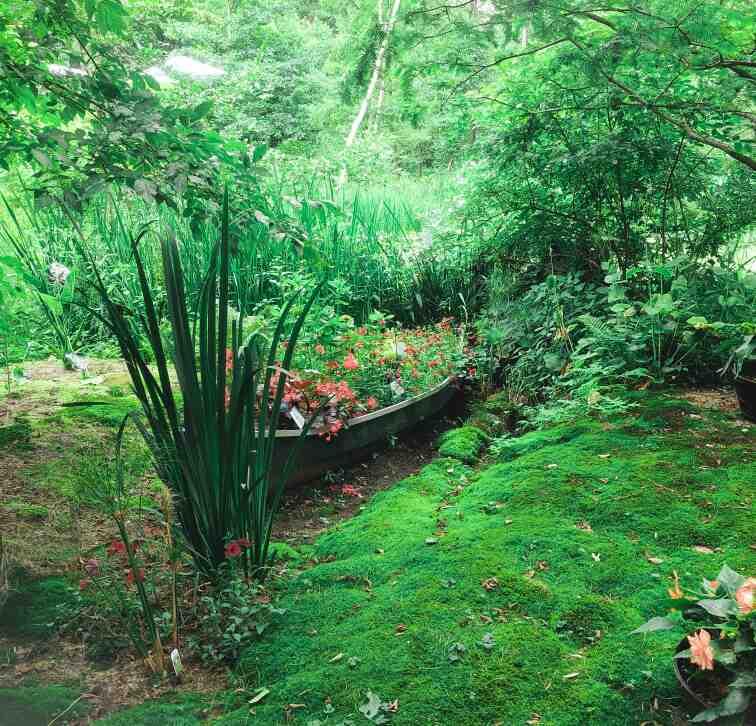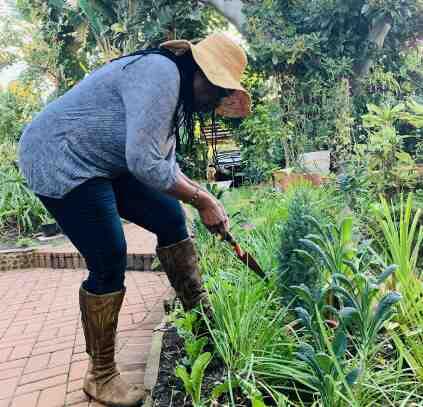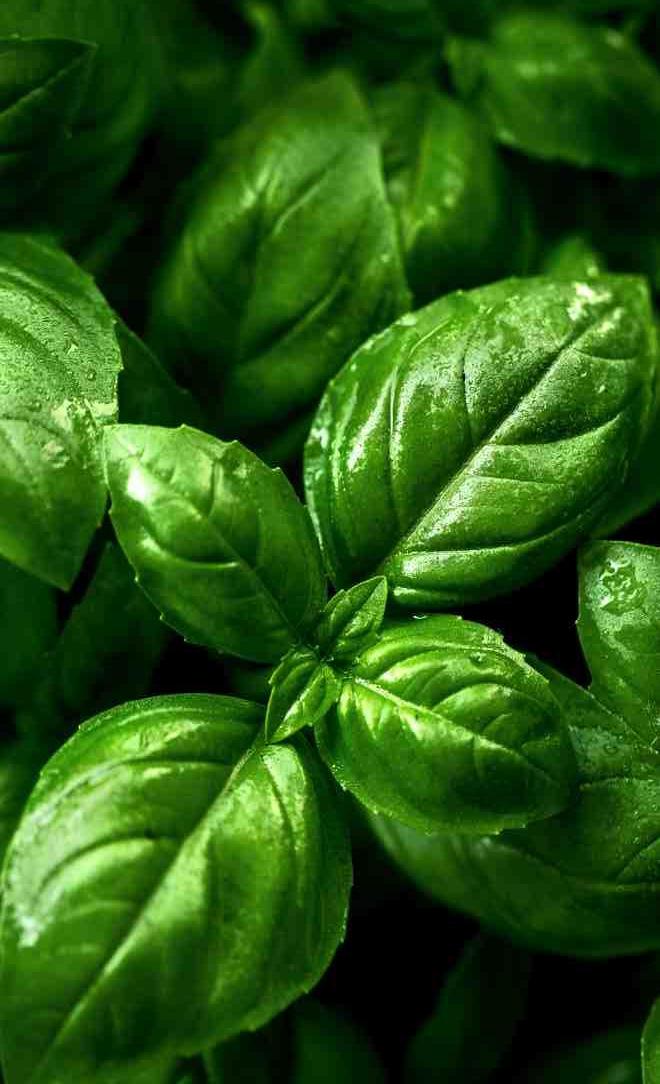
4 minute read
GET DOWN & GET DIRTY
WORDS Vivian Warby
Planting your own organic vegetables not only gives you food for your table, it is also a rewarding and relaxing outdoor activity. Here are some tips to get you growing
Advertisement
THE HOME garden – whether planted with veggies or flowers - became many a family’s safe space when the pandemic hit. The garden served to supplement the menu, provide an escape for children and those working from home after long hours on the screen and, as anyone who has got their hands dirty in soil will know, function as a way to help people mentally exhale.
Trend analysts foresee gardening activities growing this year – even if it is just a container on a window sill. But the biggest trend by far – and one set to continue – is kitchen gardens, with many households planning and growing their own vegetables. www.lifeisagarden.co.za gives beginners this advice: DON’T SHY AWAY FROM HUMBLE BEGINNINGS For your first growing quest, start small. Think about whether you want to use containers, plant straight into the ground or use raised beds. Consider your space and available time to guide your growing style. Sowing a couple of seeds in an empty space in your flower beds is as good a beginning as any. Be careful not to overpopulate your space. Your veggies will increase in size and need room to grow and climb. Planting too close together will also cause veggies to shade one another. Refer to the seed packet or the handy garden centre guy for advice.

LOCATION, LOCATION
Veggies love the sun and will flourish in open areas that receive lot of sunlight. Avoid areas with big trees throwing shade.
Examine your space through eco-eyes – take note of the sun’s movement, the surrounding foliage, and the expansion space needed as your greens grow.
Location is also important in terms of watering. Make sure your veggies are within reach of the hose pipe or irrigation system and can receive as much rainfall as possible.
If you’re planning to grow veggies on the stoep, make sure your containers have good drainage and expect to have some water flowing from under the pots, which is something to consider when placing them. Seasonal veggies (meaning the ones to plant for that season) are your best bets for success as these greens are naturally adapted to the climate of the given time.
CHOOSING THE BEST VEG
Seasonal veggies (meaning the ones to plant for that season) are your best bets for success as these greens are naturally adapted to the climate of the given time.
Also, consider how the particular plant grows – some grow like ground covers (pumpkin) and need plenty of space, while others like to climb (beans) requiring support, and some veggies need deep soil (potatoes) and appear bush-like on the top.

GROW YOUR PATIENCE
PORTIA MBAU (above), owner of The Africa Cafe, chef and author of The Africa Cookbook, and her daughter Lumai de Smidt, a visual storyteller, author and graphic designer, gave our sister publication Simply Green these useful tips for anyone starting their own kitchen garden:

1 Start by growing herbs They are generally forgiving and can be grown in a pot on your windowsill.
2 The garden is a process of constant learning We’re always researching, googling and talking to friends about how to help our garden grow.
3 It starts in the soil Preparing your soil with compost and fertiliser is essential to the quality of your produce.
4 Make your own compost Compost can be expensive if you have a large garden. Compost your organic kitchen waste.
5 Be patient Things will die but that doesn’t mean you are a failure. Only last year did we get an orchid to flower again – our previous plants never bloomed twice.
MARCH SOWING SUGGESTIONS
Gauteng: spinach, lettuce, beetroot and carrots. Kwa-Zulu Natal: cabbage, broad beans, turnips and radish. Eastern Cape: spinach, beans, beetroot and carrots. Western Cape: cauliflower, celery, peas and onions.
For more please do read our garden issue of Simply Green here: https://bit.ly/33Gusrd











